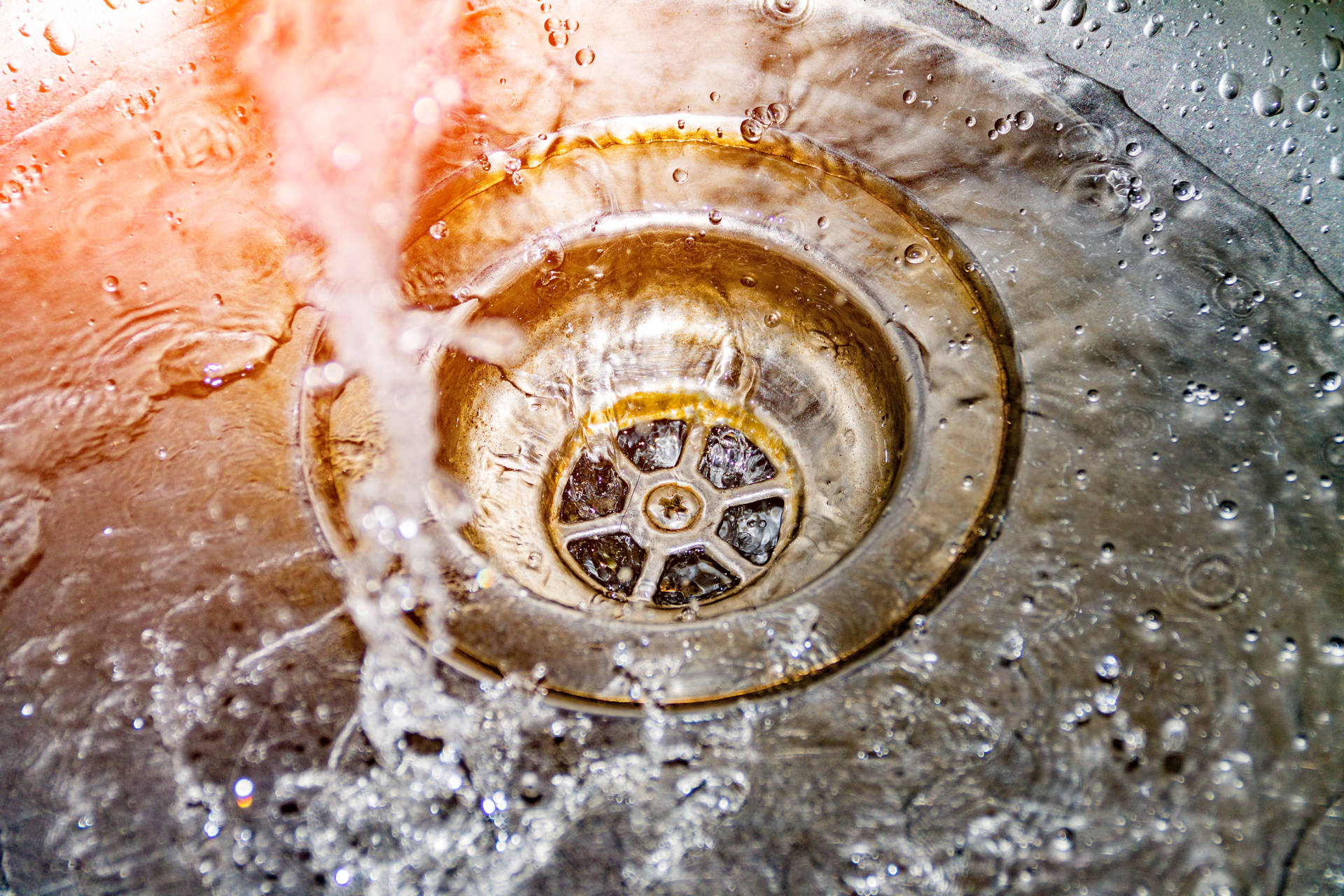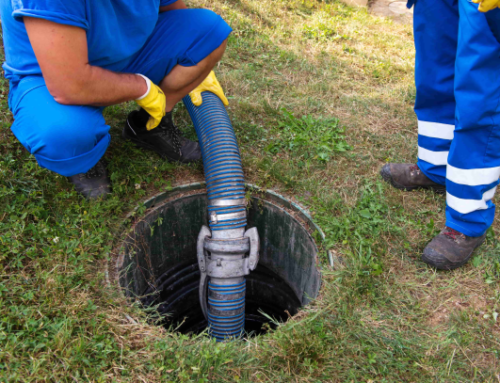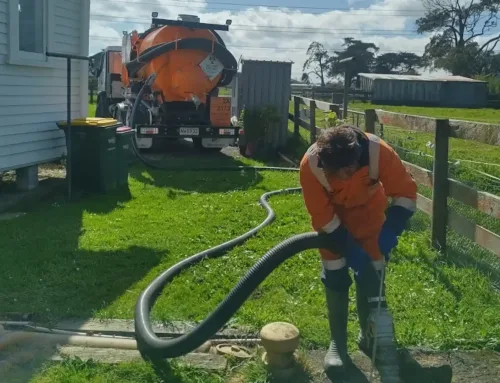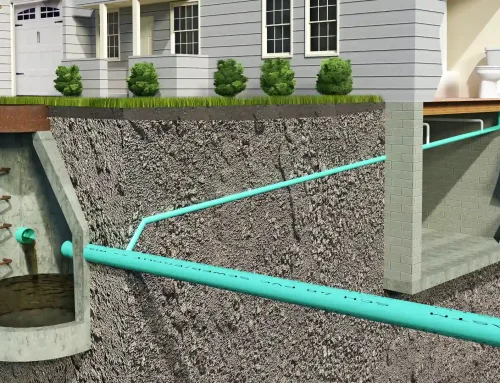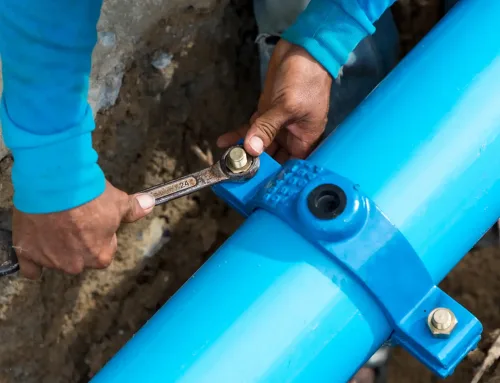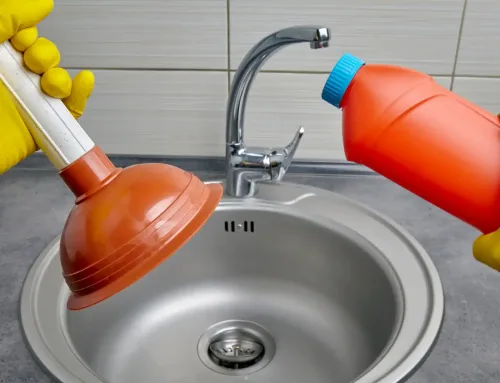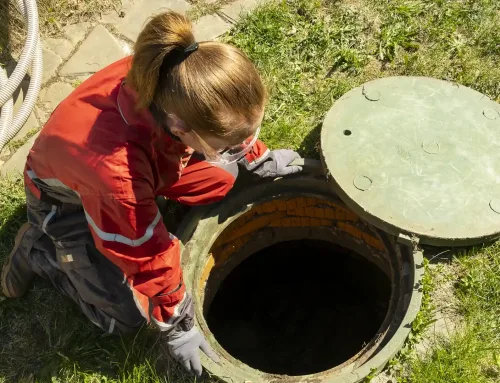Common Household Materials That Cause Septic Problems
Septic tank systems require a great deal of maintenance and care as they work round the clock to decompose your home’s waste. However, some homeowners may also take their septic tank systems for granted. When you’re not careful about what goes down your drains and neglect routine septic maintenance, you may end up with issues that can cost you time, money, or, worse, your health. Below, we list the common household materials that can cause problems within your septic tanks and how you can dispose of these materials properly.
1. Chemical cleaning products
Cleaning chemicals can throw off your septic tank system’s internal flora. Chlorine bleach and other household cleaners and detergents may contain strong, harsh antibacterial properties that can destroy the beneficial anaerobic bacteria in your septic leach field. Drain cleaners, even though helpful in unclogging drains by dissolving grease, can be corrosive and toxic to your septic tank and drain field.
- Bleach
- Detergents
- Antibacterial soap
- Auto toilet cleaners
- Drain cleaners
What to do instead
Practise running dishwasher and washing machines only with full loads to reduce the quantity of detergent that runs down your drains. For addressing issues such as blocked drains, call your local plumber instead of resorting to chemical cleaners. For emergency cases, try using an enzyme-based cleaner or septic-safe cleaning products such as organic cleaner sprays and powder.
2. Slow decomposing solids
A common misconception about septic tanks is that any kind of biodegradable material is considered septic-safe. Even though these materials break down when composted, they won’t necessarily dissolve easily inside your system. Coffee grounds, cat litter, and other slow decomposing solids that don’t break down rapidly will fall to the bottom of your septic tank and form a semi-solid sludge layer that will need to be broken loose and pumped out later.
- Cat litter
- Coffer grounds
- Dental floss
- Paper towel
What to do instead
Instead of throwing these slow decomposing materials down your garbage disposal or drains, create a compost pile out of your expired produce. Use these to fertilise your soil in your backyard. Remember to only dispose of soft, easily decomposed items in your garbage disposal.
3. Non-biodegradable materials
Any waste that won’t decompose will inevitably become trapped in your septic system, causing it to function improperly and fill too quickly. When this happens, smaller problems will lead to bigger ones, such as a sewage backup, slow drains, and overflowing toilets, which can result in toxic sewage infiltrating your home.
- Tampons
- Sanitary napkins or diapers
- Plastic
What to do instead
Be mindful of what you flush down your toilets. Even biodegradable and safe-to-flush tampons can prove damaging to your septic tanks. To be on the safe side, never flush down the items mentioned above.
4. Household chemicals
Throwing hazardous substances down your drains is a big no-no as they can cause septic tank failure much more quickly. These items include the following:
- Oil & gasoline
- Solvents
- Paint thinners
- Insect killers
What to do instead
Dispose of hazardous waste responsibly at a hazardous waste facility.
Caring for your septic starts at home
Maintaining the healthy condition of your septic tank systems starts with you. If you’re knowledgeable about how to care for your septic tanks and are mindful about what you put down your drains, you could save on costly repairs that might otherwise have depleted your time, energy, and resources. At Streamline, we can help you care for your septic systems with professional routine maintenance. We perform septic tank cleaning at a cost-effective price to ensure your septic tank drainage is in proper working condition. Call our team to schedule a septic tank cleaning today!
